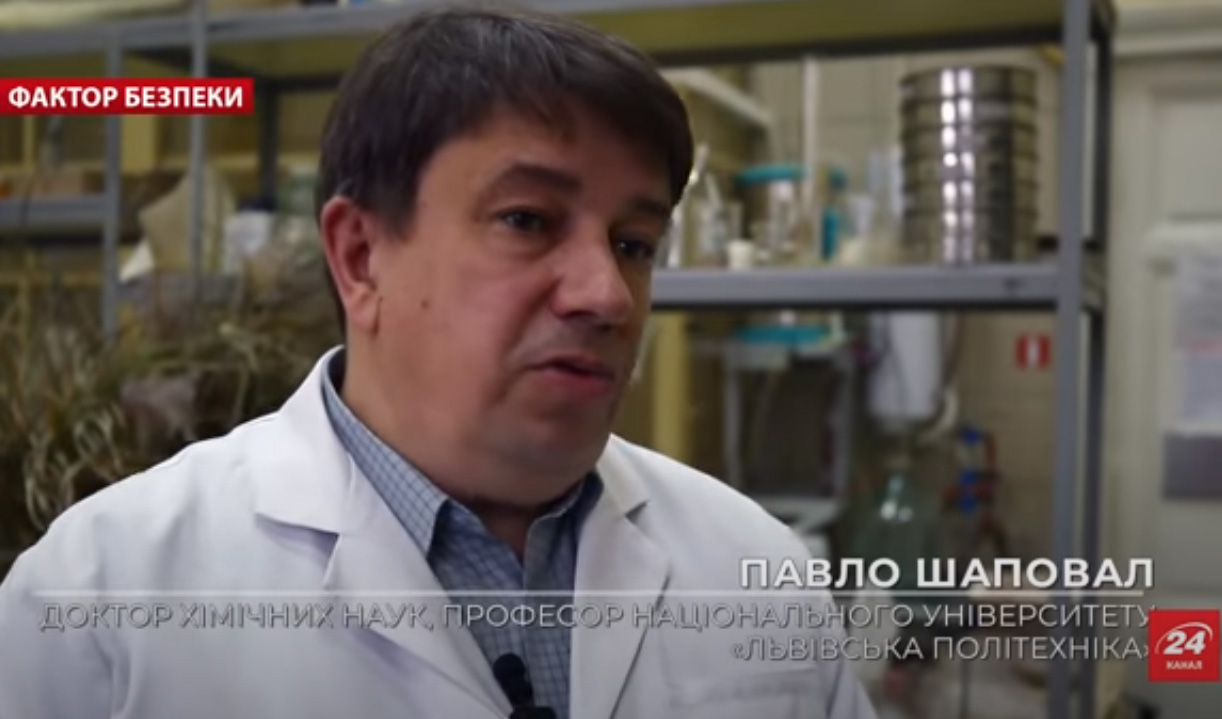The production of renewable raw materials for solid fuels or the manufacture of industrial products is topical not only in Ukraine but also in the world. Particular attention is paid to raw materials obtained by growing high-yielding perennials, which are guaranteed to give biomass of appropriate quality. Miscanthus giganteus is one of such plants.
Miscanthus can grow in one place for twenty years or more. The plant is unpretentious. Miscanthus biomass is used for the production of biofuels, cellulose, paper, and building materials. The root system of this perennial plant together with moisture and nutrients is able to absorb heavy metals from the soil.
As part of NATO project G4687 researchers from the Department of Physical, Analytical and General Chemistry, Lviv Polytechnic National University, together with their colleagues from the National University of Life and Environmental Sciences of Ukraine, Jan Evangelista Purkyně University in the Czech Republic, the University of Kansas in the USA and the Institute of Plant Biology and Biotechnology in Kazakhstan, have been working on a new biotechnology to obtain biomass to be further used as renewable raw material for the production of industrial materials, biofuels, as well as the restoration of soils contaminated by military activities.
At the expense of the project a research laboratory was equipped at the Department of Physical, Analytical and General Chemistry, Lviv Polytechnic. There young researchers Vitalii Stadnyk and Martyn Sozanskyi conduct analytical measurements of pollutant concentrations in soils and biomass.
The importance of the work, carried out at the Department of Physical, Analytical and General Chemistry in the framework of NATO project G4687 «New Phytotechnology for Cleaning Contaminated Military Sites», is covered in a report on TV channel 24, where, from 10th minute to the end of the recording (19:05), its relevance and practical significance for Ukraine and for the whole world are substantiated.
